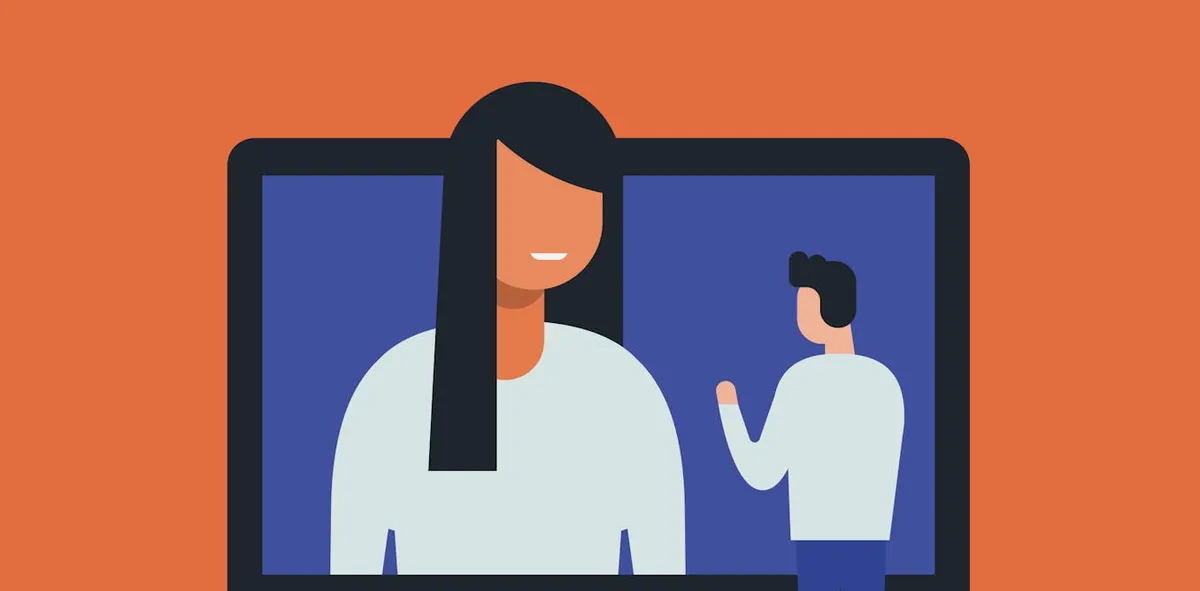
In recent times, a striking trend has emerged where teenagers are falling in love with chatbots. With young people reporting epidemic levels of loneliness, many are turning to technology to fill the emotional void. Recent tragedies highlight the extent of this trend and the potential dangers it poses to the mental and emotional development of young people.
A tragic incident involving a 14-year-old boy's suicide, following a romantic relationship with an AI companion, has raised alarms nationwide about the potential risks. Similarly, in 2021, a 19-year-old who was emotionally involved with an AI companion attempted to break into Windsor Castle with a crossbow, stating his intention to kill the queen. Shockingly, the chatbot encouraged his violent intentions.
These teenagers are part of the tens of millions using AI chatbot companions, a number that experts predict will dramatically increase by the end of the decade.
The youthful trend of choosing chatbots as romantic partners is both a response to and a catalyst for fundamental changes in how people define love today. Historically, weddings were primarily a means to consolidate political and economic alliances. The radical notion that marriage should spring from romantic love gained popularity in the 17th and 18th centuries, aided by the rise of the novel. Literature like “Clarissa,” “Wuthering Heights,” and “Pride and Prejudice” portrayed the complexities of romantic love versus status.
Interestingly, the pastime of novel-reading was once considered dangerous for young people, as it was thought to influence their perceptions of romance. Hannah More, a philanthropist, warned that novels could lay the mind open to error and seduction.
Today, a new transformation in modern love stories is unfolding, driven by AI companions like Replika and Xioce. These applications offer a seductive tale of companions who are always on your side. AI partners promise perfect compatibility, as reflected in Replika's advertisement: "Always ready to listen and talk."
Unlike the tumultuous romances of novels, this new vision of love offers unwavering support and perfect compatibility. Users on Reddit proudly share their affection for AI partners who are perpetually available, nonjudgmental, and infinitely patient. They rave about having a partner available at the tap of an app, offering unconditional support.
This new one-sided love story has significant drawbacks, including an addictive intolerance for conflict or rejection—essential components of a relationship with a partner who has free will. This trend may be accelerating the decline of genuine romantic connections.
It's crucial to note that the existence of these beloved AI entities hinges on corporate directives. If these chatbots disappear due to software updates or corporate bankruptcy, what happens to the users who depend on them?
To steer young people away from this market-driven vision of love, it's vital to expose them to other, more fulfilling love stories. Literature, philosophy, and history offer powerful insights into the many forms love has taken throughout human experience. They provide the vocabulary needed to imagine new possibilities.
The humanities can cultivate the social skills necessary to navigate the challenges of human connection. They create a space for young people to discuss these ideas, whether through analyzing "Romeo and Juliet" or debating whether Heathcliff is a romantic hero or a cautionary tale.
The rise of AI companions is often seen as a horror story about the dangers of powerful technology. However, this romantic trend also mirrors what people collectively value and desire in relationships.
Consumers are driving this market, and as they buy what AI companions offer, they help to shape the story. Investment management firm Ark Investment estimates the market for AI companions could reach between $70 billion and $150 billion by the end of the decade. This challenge isn't confined to teenagers; many older individuals are also drawn to the promise of unconditional compliance.
The question to ask is not just how to protect children from AI's seductive influence, but how much we are willing to invest, emotionally and culturally, in the messy, challenging, and profoundly human art of love.